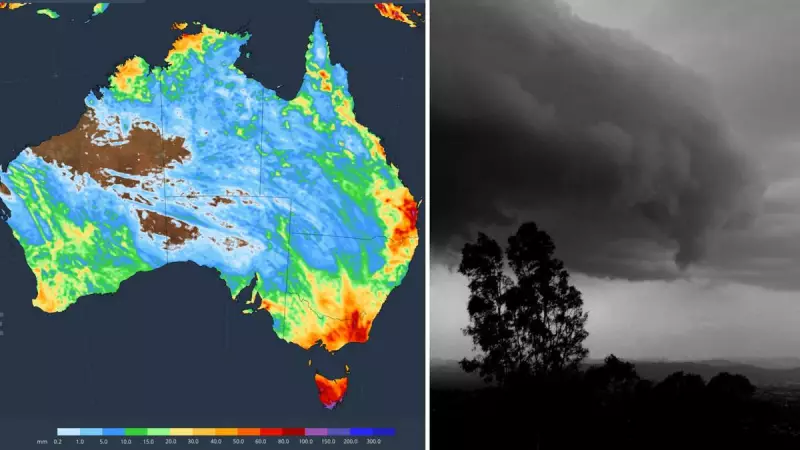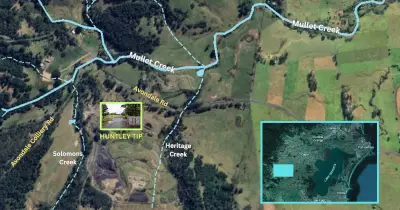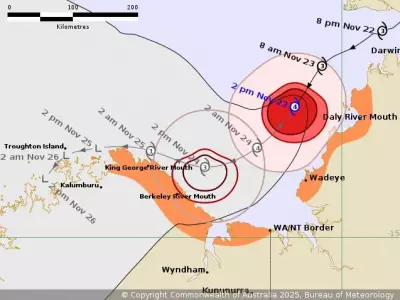
Australia's iconic Melbourne Cup faces a soggy showdown as a powerful weather system sweeps across the nation, threatening to dampen the country's most famous racing event while unleashing potential tornadoes in Queensland and drenching rains in central Australia.
Melbourne's Cup Day Washout
The Bureau of Meteorology has issued a stark warning for racegoers heading to Flemington, with showers expected throughout the day and the potential for thunderstorms to intensify during the afternoon. While the rain may provide some relief from unseasonably warm temperatures, it's likely to transform fashion precincts into umbrella-dominated landscapes and test the waterproof credentials of many race-day outfits.
Queensland's Tornado Threat
Meanwhile, Queensland faces a more dangerous scenario with severe weather warnings indicating possible tornado development. The unstable atmospheric conditions creating this threat represent one of the most significant weather events to hit the state this season, with residents urged to monitor warnings closely and have emergency plans ready.
Central Australia's Unusual Deluge
In a dramatic contrast to typical desert conditions, central Australia is bracing for substantial rainfall that could see some areas receive their entire monthly average in just 24 hours. This unusual weather pattern threatens to cause flash flooding in regions unaccustomed to handling significant water volumes, potentially isolating remote communities and disrupting travel routes.
Nationwide Weather Impacts
The extensive weather system demonstrates how interconnected Australia's climate can be, with conditions in one region directly influencing weather patterns thousands of kilometres away. Meteorologists note that such widespread simultaneous weather events, while not unprecedented, highlight the increasing volatility of Australia's climate systems.
Emergency services across multiple states are on high alert, coordinating responses to potential flooding, storm damage, and other weather-related emergencies. Authorities recommend that all Australians in affected areas stay informed through official channels and avoid unnecessary travel during severe weather conditions.





